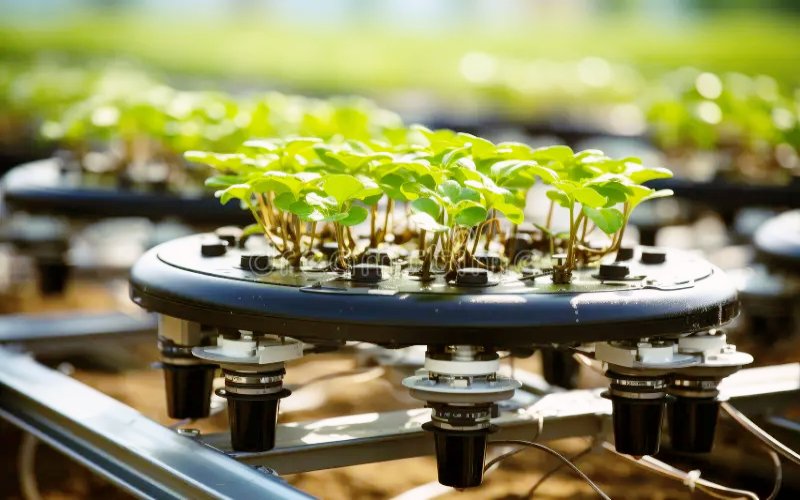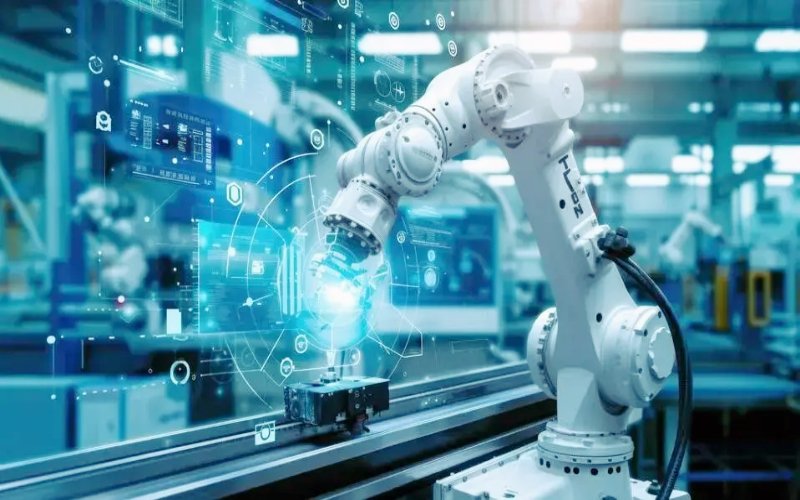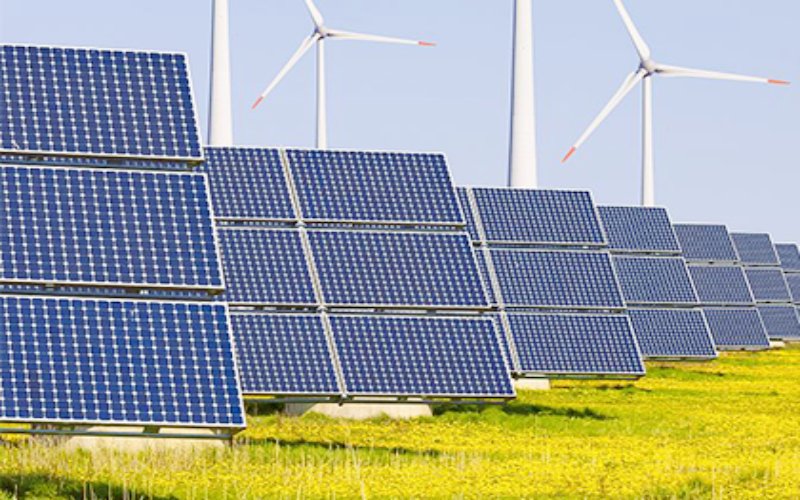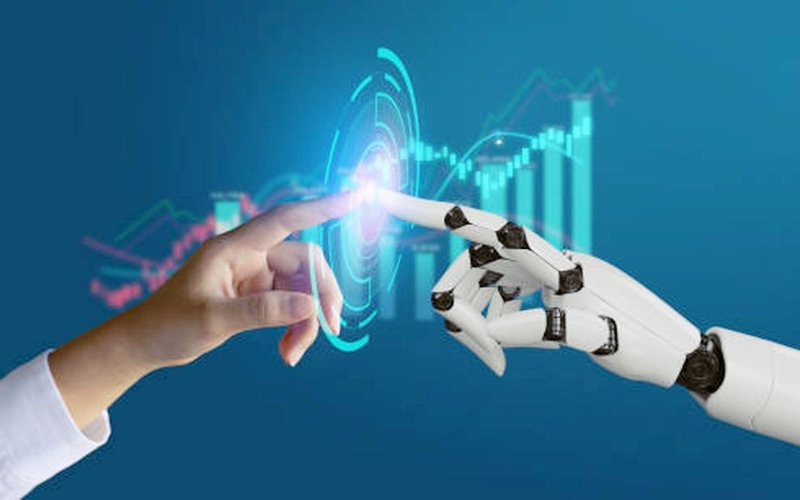In today’s digital age, Smart Farming Solutions are revolutionizing agriculture by merging technology with traditional farming practices. As the global population rises, the demand for food continues to increase, making it crucial to optimize resource usage and farming efficiency. Smart farming allows farmers to maximize yields, reduce environmental impact, and adapt to the challenges of modern agriculture. Let’s explore how smart farming solutions are reshaping the industry and paving the way for sustainable food production.
What is Smart Farming?
Smart farming, also known as precision agriculture, leverages cutting-edge technology to monitor and manage crops and livestock more effectively. Through the use of data analytics, IoT devices, and artificial intelligence (AI), smart farming enables farmers to make informed decisions based on real-time data.
Unlike traditional farming methods that often rely on manual observation, Smart Farming Solutions provide an automated, data-driven approach. This includes monitoring weather conditions, soil health, crop growth, and other critical factors. With these insights, farmers can make quick adjustments to optimize crop health and increase yields.
The Role of IoT in Smart Farming Solutions
The Internet of Things (IoT) plays a foundational role in smart farming by connecting various devices, sensors, and machinery on the farm. IoT devices monitor important factors such as soil moisture, temperature, and light intensity, allowing farmers to make more precise decisions.
For instance, soil sensors detect when a field is dry, automatically triggering irrigation systems to water crops efficiently. This targeted watering helps conserve resources, reduces waste, and ensures crops receive the right amount of hydration. In this way, IoT devices in Smart Farming Solutions make farming more productive and sustainable.
Precision Agriculture: Optimizing Every Inch of Farmland
Precision agriculture is a key element of Smart Farming Solutions that uses GPS technology and data analytics to manage crop and soil variability. By mapping fields and analyzing soil properties, farmers can apply fertilizers and pesticides precisely where they’re needed, rather than treating entire fields.
This approach minimizes chemical use, promotes sustainability, and cuts costs. For example, targeted pesticide spraying with drones can reduce chemical usage by up to 30%. Such precise practices are essential in modern agriculture, benefiting the environment and enhancing crop quality.
Drones in Smart Farming Solutions: Eyes in the Sky
Drones have become an indispensable tool within Smart Farming Solutions. These aerial devices capture high-resolution images and sensor data, allowing farmers to monitor crop health and detect issues like pest infestations or water stress early on.
Drones can cover large areas quickly, making it easier for farmers to identify problem spots and address them before they escalate. In addition to monitoring, drones can also be used for precision spraying, ensuring that fertilizers or pesticides are delivered accurately, reducing waste, and protecting crop health.
Artificial Intelligence in Smart Farming: Driving Smarter Decisions
Artificial intelligence (AI) in smart farming has enabled farmers to analyze large amounts of data rapidly. AI algorithms can predict weather changes, optimize planting schedules, and even detect pests early on. Machine learning models analyze crop images to identify diseases, allowing farmers to act before a minor issue becomes a major problem.
AI-driven Smart Farming Solutions lead to more precise farming practices, helping to increase yields while reducing waste. Predictive analytics also allow farmers to select the best crop varieties based on soil data, weather patterns, and market trends, further boosting productivity.
Smart Irrigation Systems: Efficient Water Use in Smart Farming
Smart irrigation is another crucial aspect of Smart Farming Solutions. With water scarcity a pressing issue worldwide, smart irrigation systems use real-time soil moisture data to water crops only when necessary, ensuring ideal hydration without overuse.
These systems are especially valuable in drought-prone areas, as they can drastically reduce water usage while maintaining crop health. By conserving water, farmers save money and contribute to sustainable water practices—an essential consideration in today’s environmental landscape.
Robotics and Automation: The Future of Smart Farming Solutions
Robotics and automation are redefining farm labor, making it more efficient and cost-effective. Automated tractors, robotic weeders, and harvesting machines reduce the need for manual labor, minimizing human error and ensuring consistent quality in produce.
For larger farms, robotics are particularly valuable as they save both time and resources. Automated systems allow farmers to complete tasks more efficiently, with robotics handling repetitive labor-intensive work like planting and harvesting.
Livestock Management in Smart Farming Solutions: Health and Productivity
Smart Farming Solutions are also making strides in livestock management. Through sensors and wearable devices, farmers can monitor animal health, activity, and stress levels. These devices detect early signs of illness, allowing farmers to manage health issues proactively.
For example, collars worn by cows can track movement and detect irregular patterns, signaling potential health problems. By addressing these issues early, farmers improve animal welfare, increase productivity, and enhance the quality of meat or dairy products.
Sustainable Farming with Smart Farming Solutions
Sustainability is at the heart of Smart Farming Solutions. Precision agriculture reduces unnecessary chemical and water usage, while AI-powered monitoring limits resource wastage. With drones and robotics, soil disturbance is minimized, and farming practices become more sustainable.
In addition, Smart Farming Solutions encourage sustainable practices like crop rotation, reduced tillage, and cover cropping, which improve soil health and sequester carbon. By adopting these practices, smart farming boosts productivity and supports a healthier planet.
Challenges of Implementing Smart Farming Solutions
While the benefits of smart farming are significant, implementing these solutions can be challenging. The initial costs of technology like sensors, drones, and AI tools may be prohibitive, especially for small-scale farmers. Smart farming also requires data literacy and technical skills, which may necessitate specialized training.
Another challenge is connectivity, as many rural areas lack the infrastructure to support IoT devices. Addressing these issues will require investment in rural broadband access and support programs to help farmers transition to smart farming practices.
Conclusion: The Future of Smart Farming Solutions
Smart Farming Solutions are transforming the agricultural landscape, making farming more efficient, productive, and environmentally friendly. Technologies like IoT, AI, and drones enable farmers to achieve higher yields with fewer resources, meeting the growing global food demand while minimizing environmental impact.
As technology becomes more accessible, more farmers will likely adopt these innovative practices. Embracing Smart Farming Solutions is essential not only for feeding a growing population but also for ensuring sustainable agriculture for future generations.
Also visit on techitl.com.




